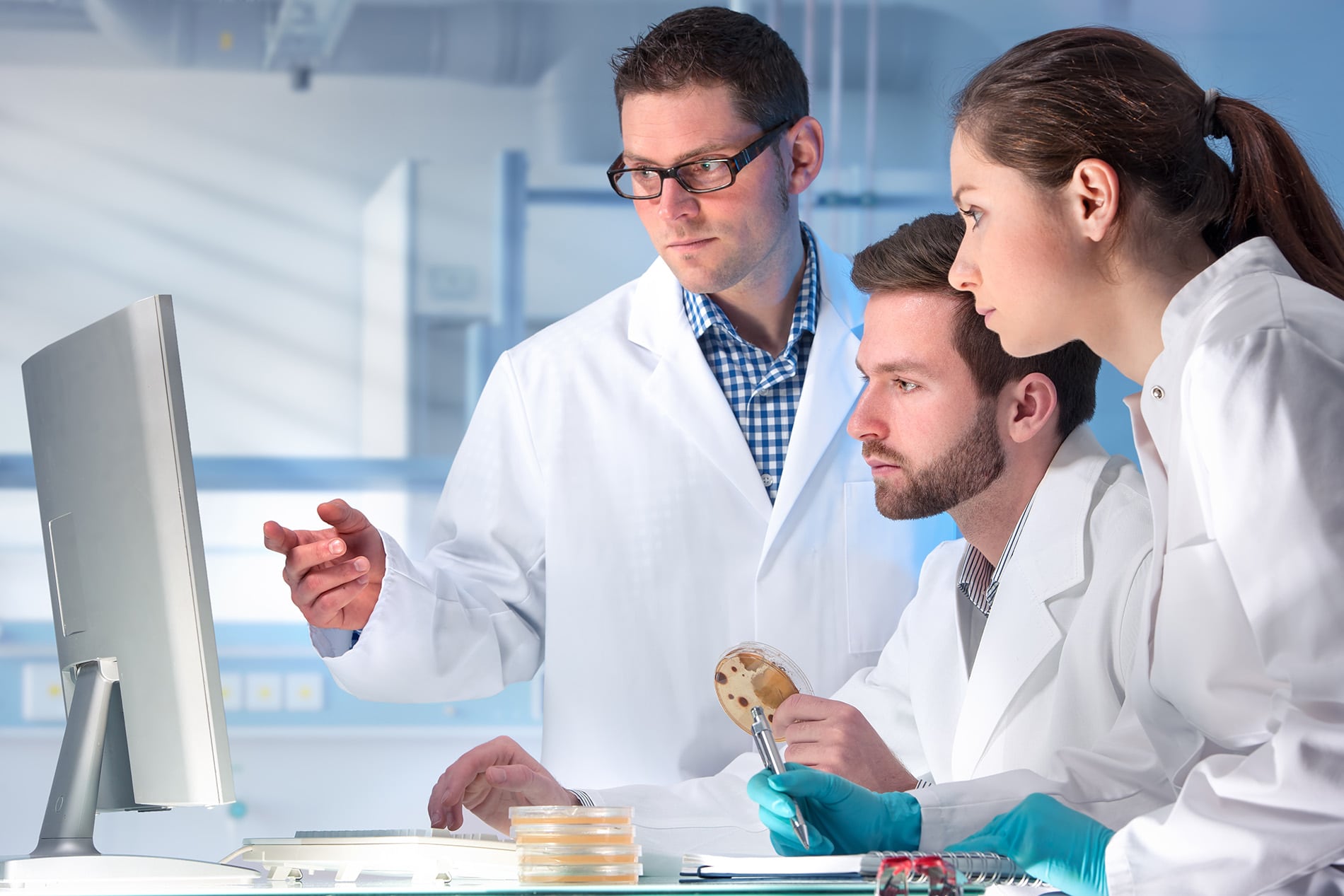Research projects
The female microbiome
Probiotics reduce side effects of chemotherapy
With a share of 30.5 %, breast cancer is the most common cancer among women in industrialised countries, and the trend is rising. Improved early detection and new treatment concepts have significantly increased the cure rate over the last ten years. Probiotics use has already shown promising results in the treatment of side effects of cancer treatment. Currently, one in eight women will develop breast cancer in their lifetime. The risk increases with age. Younger women are rarely affected - the median age of onset for breast cancer is about 64 years, several years below the average for all cancers, with one in four affected women younger than 55 and one in ten younger than 45.
Intestinal bacteria and hormones
Intestinal bacteria and their interaction with hormonal balance are moving into the focus of research. Preliminary research suggests that the gut microbiome plays a central role in regulating endogenous hormones and therefore may influence the risk of developing hormone-related diseases.
The intestine and brain are closely connected via nerve pathways (enteral nervous system), metabolic products of intestinal bacteria and hormones, among other things. For example, the gut can tell the brain which nutrients the body is lacking. A whole series of our hormones ("messenger substances") are even produced in the intestine itself, depending on the composition of our intestinal flora.
The Vaginal Flora – A protective shield
However, the female vaginal flora with numerous lactobacilli is not only of great importance during childbirth but accompanies every woman throughout her life as a "protective shield". Prof. Huber expands on this: "Stress, hormonal changes (such as during pregnancy, menopause or hormonal contraceptives), antibiotics, smoking, sugar-rich food and much more make this protective shield 'crumbly', a so-called 'vaginal dysbiosis' develops, an imbalance." As a result, harmful bacteria and fungi proliferate, leading to infections throughout the urogenital tract. 25 – 30 % of women suffer from bacterial vaginosis, numerous battle with vaginal fungus and vaginal dryness, as well as recurrent urinary tract infections that are also very common.
Institut AllergoSan
Leading the way in international microbiome research
The intestine is at the centre of medical and scientific interest - or more precisely, the trillions of bacteria that colonise it. With increasing research into the microbiome, it is becoming clearer and clearer what a central role intestinal bacteria play in our health and in the development - and thus also the treatment - of diseases.

